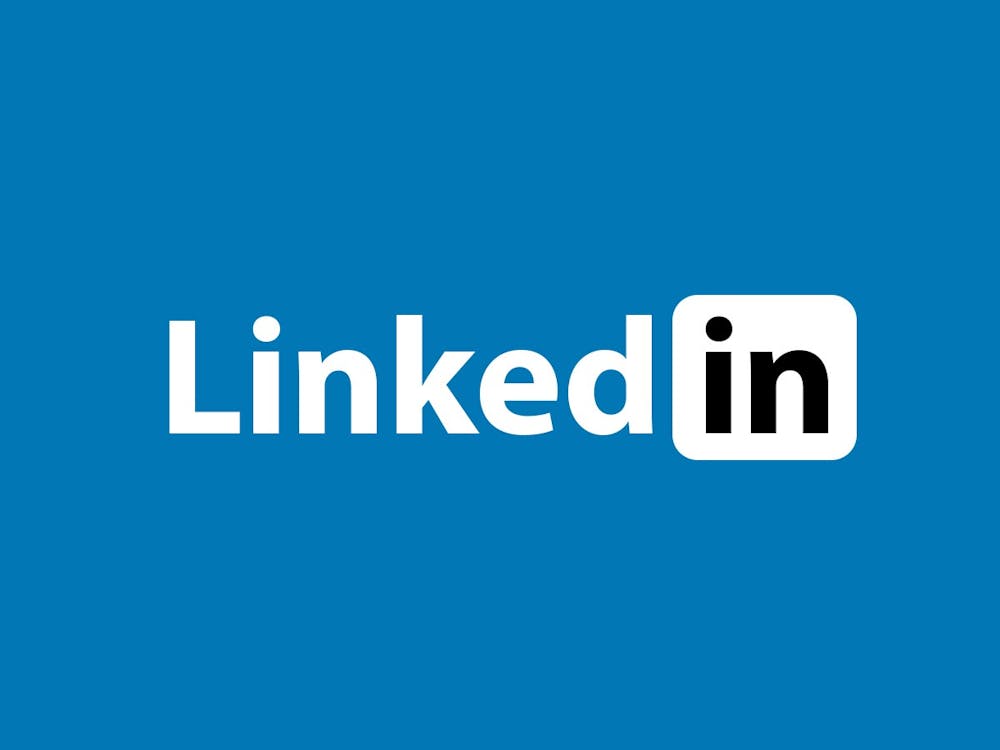It’s time to link up on LinkedIn, according to one Duke professor.
Assistant Professor of Economics Robert Garlick co-authored a September 2019 research paper that found that in low-income backgrounds, LinkedIn users are 10% more likely to obtain employment than their non-LinkedIn counterparts. The work was in collaboration with social scientists from the University of Alberta and the Research Triangle Institute International.
The team began to assemble when Garlick met Eric Johnson, director of research and development in the workforce and economic opportunity division at RTI International, through the Harambee Youth Employment Accelerator. Harambee’s goal is to improve career prospects for South African and Rwandan youth.
Due to inexperience and a structural lack of exposure, young adults from these countries are less likely to be seen as suited for formal sector jobs, so Garlick considered LinkedIn as a potential option to afford everyone the same opportunity, regardless of background.
“I was already working with Harambee to design and evaluate other programs to meet these goals, and they were interested in low-cost, light-touch ways to make the job readiness training more effective,” Garlick said.
Laurel Wheeler—Ph.D. ‘19 and an assistant professor of economics at the University of Alberta—a doctoral candidate at Duke, and other representatives from RTI International soon joined the team.
During the study, participants were randomly divided into two groups. One downloaded LinkedIn and was properly equipped with tips on how to use the platform, while the other half continued to search for employment through traditional methods.
Ultimately, 77% of LinkedIn users were employed after the end of the trial, compared to 70% of the control group. Additionally, users of LinkedIn—which Garlick described as a “light-touch” method, or a way of more passively engaging with companies—retained an advantage for the next year, as more employers had their data on file or within easy access.
“I was slightly surprised by the findings,” Garlick said. “The employment effects are larger and more persistent than I expected given how light-touch the program is. Relatively few light-touch employment promotion programs have large and persistent effects and completely ineffective programs are not unusual.”
How applicable are these results to Duke?
Garlick explained that the circumstances of his research might not be replicable at an elite institution with business connections like Duke’s.
“The population and setting we study is very different: jobseekers from low-income backgrounds, very few of whom have university degrees, in a South African labor market that's quite different to us,” he added.
Still, he emphasized that Duke students should strongly consider creating a LinkedIn account for the sake of gaining a competitive advantage relative to their peers. Many employers look up potential students beforehand, he said, and a profile on LinkedIn may indicate that students are serious about their career.
Furthermore, in terms of high-earning occupations, Garlick noted that it can be helpful for individuals to build an extensive LinkedIn profile.
“A range of online platforms can facilitate access to better information about both jobseekers and firms, and several research studies show that better information can lead to higher-paid, more productive firm-worker matches,” he said.
Garlick warned about the potential for data abuse.
“There's an active set of research about the labor market consequences of government policies designed to restrict some information from hiring process, like bans on asking about salary history or criminal records,” he said.
In 2018, Duke “banned the box,” or stopped asking about potential employees’ criminal record on its initial work application. Those who advocate for banning the box point toward discrimination in the justice system unduly influencing who is accepted for a position.
Still, senior Quinton Tran saw another less-heralded element to LinkedIn: the potential relationships that form.
“It's cool to connect with people who share your interests,” Tran said. “Especially in an office setting, it's a huge part of your adult life to find others who are passionate like you."
Get The Chronicle straight to your inbox
Signup for our weekly newsletter. Cancel at any time.

